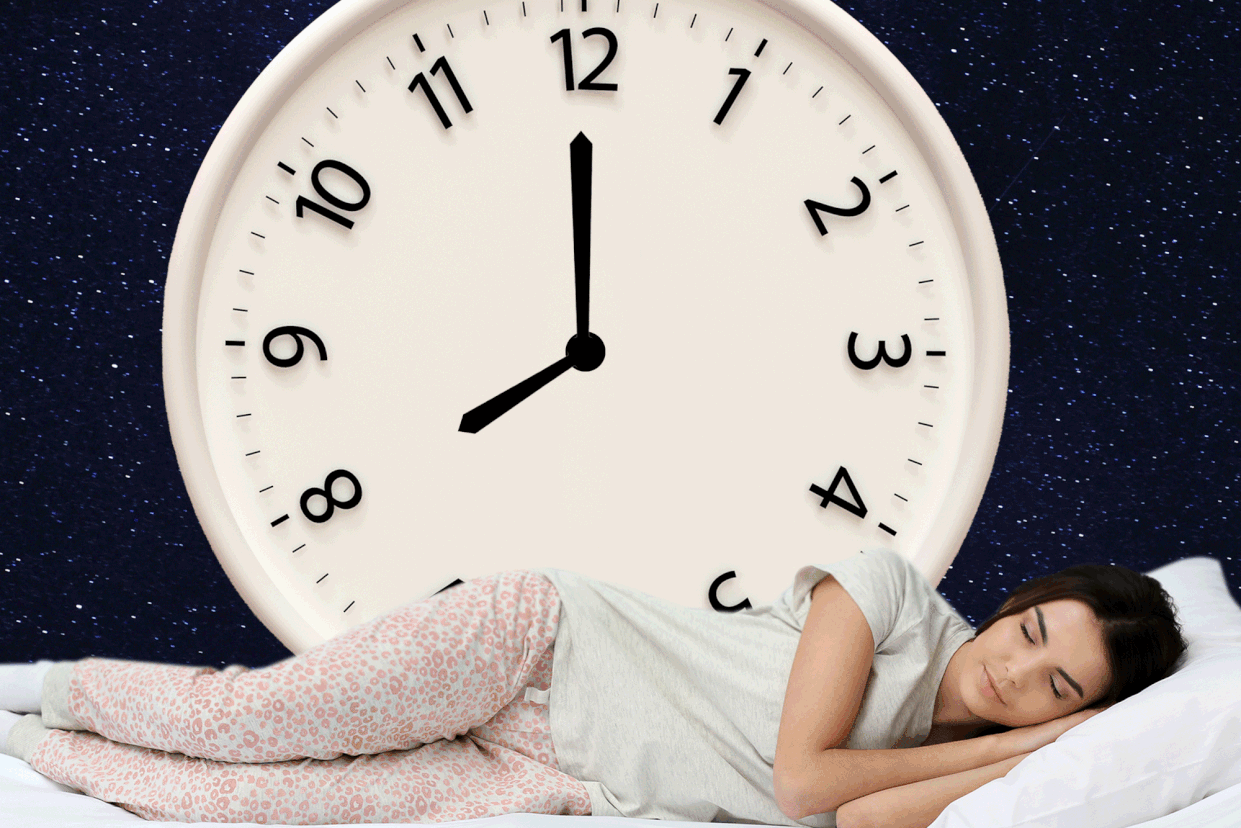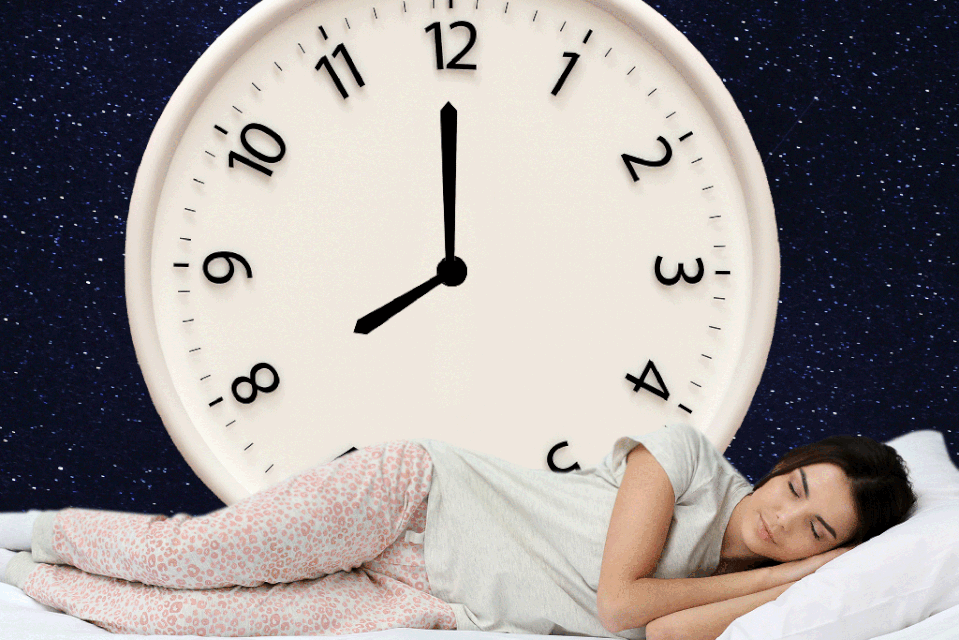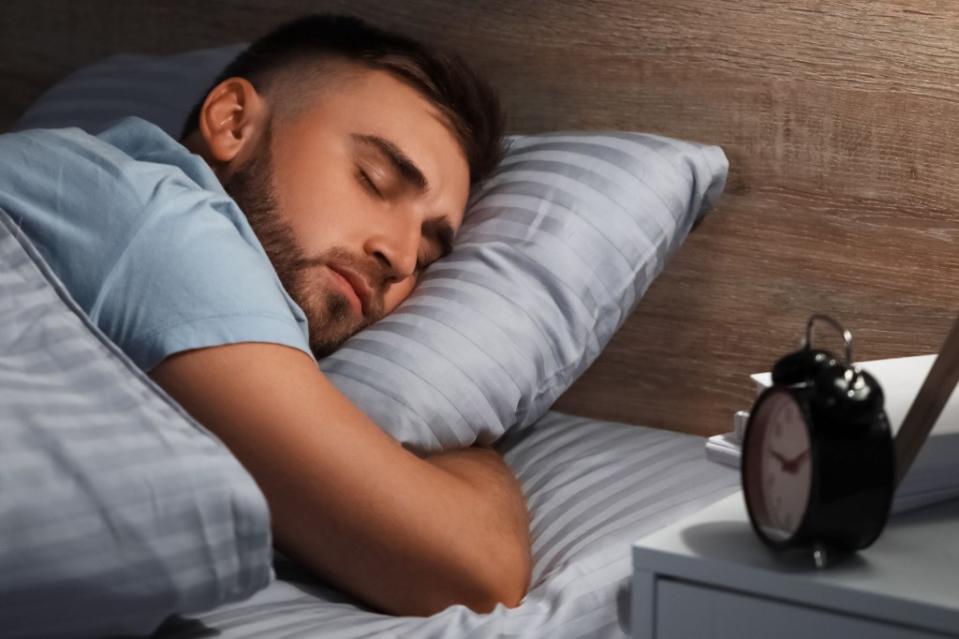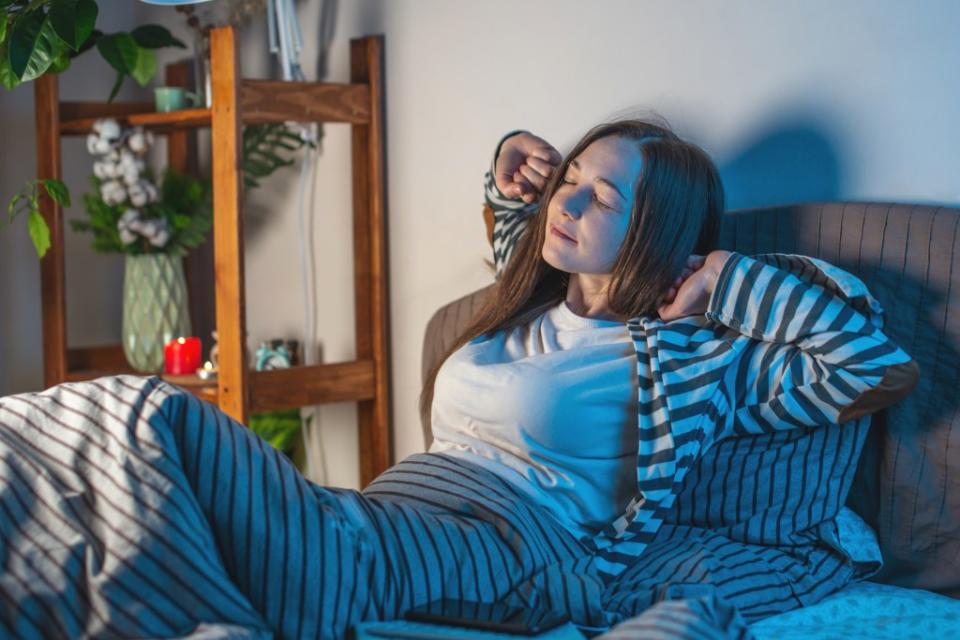Gen Z and millennials are going to bed much earlier — and sleeping longer

Gen Z and millennials aren’t sleeping on the importance of a good night’s rest.
Adults between the ages of 18 and 34 went to bed at 10:06 p.m. on average in January, compared with 10:18 p.m. in January 2023, the Wall Street Journal reported, according to an analysis of more than 2 million total Sleep Number smart-bed customers.
“All of a sudden, it’s so much cooler and way more accepted to sleep early, and everyone has just adapted,” Emma Kraft, a 19-year-old junior at the University of California, Berkeley, told the WSJ.
“For me, nothing good happens after 9 p.m.”
The college student aims to be asleep by 9:30 p.m. every night to get at least nine hours of shut-eye — and she isn’t the only one snoozing through the whole night.


Gen Z isn’t just going to bed earlier: they’re also sleeping for longer.
In 2022, adults in their 20s clocked an average of nine hours and 28 minutes of sleep — an 8% increase from 2010 — according to an analysis of American Time Use Survey data by RentCafe.
The Centers for Disease Control and Prevention recommend adults tuck themselves in for at least seven hours a night, but many Americans are discovering they need more than that to fully function.
“I always thought that made me look lazy and I tried to fight it,” Kelly Baskin, 32, told the WSJ. But after seeing more of her peers proudly prioritizing their sleep on social media, Baskin gave in and now tries to get about eight or nine hours of sleep a night.
A lack of deep sleep can have detrimental effects on your physical and mental health. However, experts are warning that some people are taking their sleep a little too seriously.

John Winkelman, chief of the sleep disorders clinical research program at Massachusetts General Hospital in Boston, told the WSJ: “People are getting a little bit neurotic about it.”
He promotes the benefits of sleeping about seven to nine hours a night and a consistent bedtime but doesn’t believe everyone needs to tuck themselves in so early unless they need to get up early.

